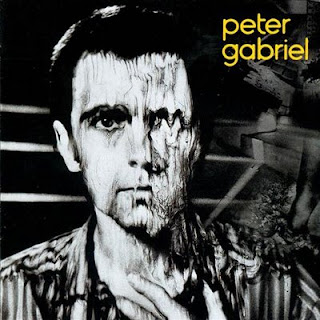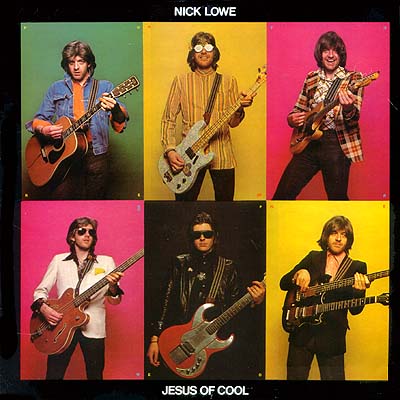
Peter Gabriel - I Don't Remember
Nick Lowe - I Love the Sound of Breaking Glass
Billy Idol - Hot in the City
William Judd - Shibuya Overdrive
RECENTLY OVER PIZZA a friend expressed the latent fear that she had been born too late. While attending an academic conference featuring several luminaries of 70s radical feminism, my friend felt a melancholic twinge - nowhere could there be found today the same kind of pervasive revolutionary energy, the kind that sweeps the mob together into the movement, the kind that serves as a north star under whose ceaseless light all things gain new contour. She was speaking, it seemed to me, of the problem of the aftermath. Of the fact that after the revolutionary event, life stubbornly insists on inching forward, on outgrowing whatever smooth new cloak we thought we could wrap it in.
It seems as well that one needs more heroic strength in the aftermath than during the time of the event. Anyone can follow the mob up the stairs of the Bastille. Or shoot out those clock towers. Anyone can choose sides. But to keep a lonely vigil once the ecstasies and tumult have quieted, to keep looking for a way forward when there are no more bearded kings to come down from the mountain, their mouths full of prophecy.
This is a big problem for successful artists, what to do after you've hit your peak. The documentary called 'Comedian' is a striking example of this: it follows Seinfeld in the wake of the glory surrounding his massively successful television show, as he trudges onward and returns to the standup circuit, figuring out what to do next.
German note: the name 'Seinfeld', Sein-feld, might be read as 'field of being'. Such is the existential problem of the aftermath - its protagonists wander free in a field of being, lacking orientation.
This artistic aftermath is a big problem for rappers, whose street-tough personas start to appear somewhat ill-fitting once they become 'rappers of a certain age', no longer with chips on their shoulders (they've been brushed off). The aftermath is such a problem for rappers, Dr. Dre went and named his record label after it.
RZA's latest track, 'Can't Stop Me Now', seems to reflect this miasma. Why does RZA need to tell us now, twenty years after 36 Chambers, that we can't stop him? Where does he get the idea that we would want to, or think we could?
RZA - Can't Stop Me Now
In honor of the aftermath we present four songs that gain their strength from the aftermath of David Bowie. The four songs here are particularly indebted to the works of Bowie's Berlin trilogy. "I Don't Remember", from Gabriel's eponymous debut solo record, captures the spare, icey funk and paranoid lyrics, "I Love the Sound of Breaking Glass" serves a condensation of the whole first half of the album 'Low', (noting that one of the songs on this Bowie record is called 'Breaking Glass', and that Nick Low-e's restrained white-boy rhythms distinctly evoke "Sound and Vision"), Billy Idol channels the swaggering posture and flamboyant urban romance, and William Judd jacks in to the ambient eno-produced instrumentals that take up the second halves of 'Low' and 'Heroes'.
Bowie, it should be said, is a bit like Goethe - every new genre he decided to try his hand at, he reinvented. When there's an event, like the Bowie event or the Goethe event, it tends to have traumatic effects for those who come after. Sometimes, those who come after are jilted lovers whose paramours have always-already been gone, who mourn for days they never knew. Other times, they are carefully keeping the way open, preparing for tomorrow, continuing to do the steady, loving labor of the apostle, spreading and pronouncing the word, again and again.
Sunday, April 13, 2008
Bowie Biters in the Aftermath
Subscribe to:
Post Comments (Atom)


1 comment:
I like this. One of the best.
Post a Comment